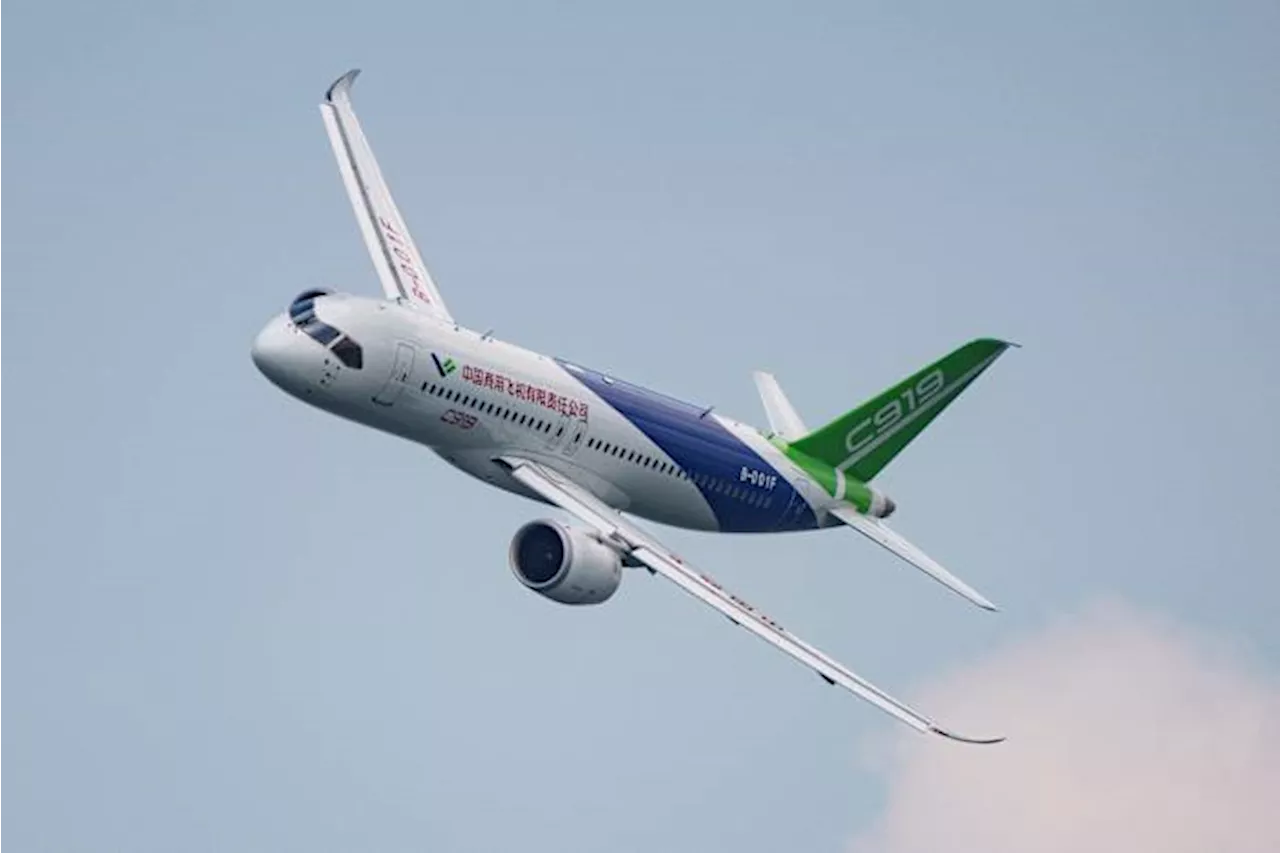China and the Association of Southeast Asian Nations (ASEAN) have signed an upgraded free trade agreement known as ACFTA 3.0. The agreement, finalized in Kuala Lumpur on March 5, 2024, aims to enhance economic cooperation among the 11 ASEAN member states and challenge rising protectionist measures globally.
Chinese Premier Li Qiang emphasized the significance of this agreement, asserting that it represents a collective response to various economic challenges facing nations today. He stated that many countries have encountered obstacles due to “unfairly steep tariffs,” implicitly referencing the trade policies of former U.S. President Donald Trump. The upgraded agreement seeks to bolster bilateral trade ties and address issues such as tariffs that hinder economic growth.
Li Qiang, during the signing ceremony, pointed out the increasing interference from external forces in regional matters. He warned that such actions could lead to disunity and division, asserting that “the rules-based international trading system is facing severe challenges.” The Chinese Ministry of Commerce echoed this sentiment, stating that the new agreement would provide “greater confidence and momentum into regional and global economic growth.”
The ACFTA 3.0 includes several updated provisions, particularly focusing on green energy initiatives. This aspect is seen as a strategic advantage for China, which is a leading manufacturer of solar panels, electric vehicles, and batteries. One notable provision involves collaboration on regulatory standards for electric vehicles, which could favor China’s burgeoning EV industry.
While the agreement has generally been welcomed, some ASEAN leaders expressed reservations regarding China’s behavior in the South China Sea. The President of the Philippines, Ferdinand Marcos Jr., acknowledged the potential benefits of the upgraded free trade pact but called for China to commit to “cooperation and meaningful engagement” in the disputed waters. He criticized China’s ongoing territorial claims and actions, such as recent encounters between Philippine and Chinese vessels, which he deemed “dangerous” and a violation of international law.
During the summit, Anwar Ibrahim, the Prime Minister of Malaysia, highlighted the importance of maintaining balanced relationships with both China and the United States. He remarked on the simultaneous diplomatic engagements with both nations, stating, “This is what we consider steady engagement that fosters trust.”
Despite the positive outlook on the free trade agreement, concerns linger regarding the geopolitical implications of China’s expanding influence in the region. As ASEAN members navigate their relationships with both China and the U.S., the successful implementation of ACFTA 3.0 will be crucial for fostering economic stability and cooperation in Southeast Asia.
The agreement marks the third upgrade since its initial introduction in 2002 and full implementation in 2010. With a combined population exceeding two billion, the economic ties between China and ASEAN are poised for further growth, particularly in light of the ongoing global trade challenges.
In conclusion, ACFTA 3.0 stands as a significant milestone for China and ASEAN, reflecting a mutual commitment to enhancing trade relations while addressing broader economic issues. As the region grapples with external pressures, this agreement may serve as a model for future international collaborations aimed at resisting protectionism and promoting shared economic prosperity.







